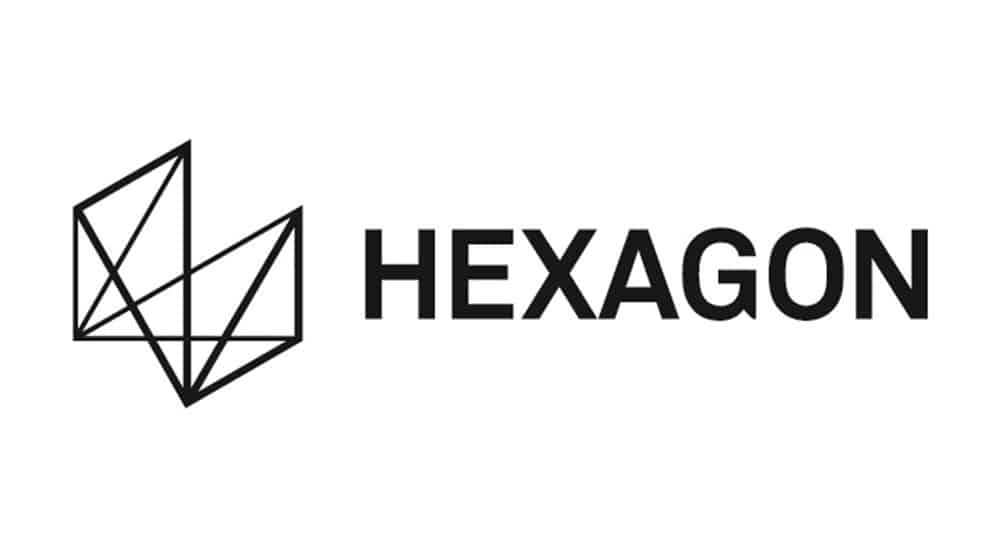The path towards sustainability in the building sector depends heavily on integrating renewable and efficient energy sources. This comprehensive approach not only enhances energy independence but also contributes significantly to achieving global climate targets.
Reading time: 3 minutes
Integrating Renewable Energy Sources into Modern Buildings

The building sector accounts for approximately 40% of global energy consumption, presenting immense potential for energy savings. Incorporating renewable energy sources such as solar, wind, and geothermal energy into building designs is crucial for reducing the carbon footprint and promoting sustainability. These sources provide clean, emissions-free energy that supports the transition towards net-zero emissions. Effective integration requires advanced technologies and strategic planning:
- Solar Panels: Photovoltaic systems have become a common addition, enabling buildings to generate their own electricity.
- Geothermal Systems: These systems harness the Earth's natural heat, providing a consistent and renewable source of energy for heating and cooling.
- Wind Energy: Although less commonly applied in individual buildings, micro-wind turbines can supplement energy needs, especially in areas with favorable wind conditions.
Implementing these systems effectively requires robust infrastructure and investment in smart energy management solutions that optimize energy generation and distribution.
Overcoming Challenges in Energy Implementation
While renewable energy integration offers many benefits, several challenges must be addressed for widespread adoption. The variability of solar and wind energy presents a reliability issue that can be mitigated through the use of advanced energy storage systems and grid management technologies. Furthermore, initial investment costs and the retrofitting of existing structures remain significant barriers:
- Energy Storage Solutions: Advanced battery systems and hydrogen storage options are crucial for maintaining energy supply during periods of low production.
- Infrastructure Compatibility: Retrofitting older buildings to accommodate new energy technologies can be complex and costly, highlighting the need for adaptable and modular solutions.
- Policy and Financial Incentives: Governments worldwide are creating incentives to support the adoption of renewable technologies, including tax credits and grants for sustainable building projects.
Smart Energy Management for Enhanced Efficiency
The role of smart energy management systems cannot be overlooked in achieving efficient energy use in buildings. These systems leverage real-time data and predictive analytics to manage energy consumption and optimize the use of renewable energy sources. Key components include:
- IoT and Sensor Integration: Sensors monitor energy usage and environmental conditions, enabling automated adjustments to reduce waste.
- Automated Control Systems: Building management systems (BMS) use automation to regulate lighting, heating, and cooling based on occupancy and time of day, ensuring energy is used only when needed.
- Energy Monitoring Software: Provides facility managers with comprehensive insights into energy consumption patterns, allowing for targeted efficiency measures and cost savings.
The Future of Renewable Energy in Buildings

As the push for sustainability intensifies, the adoption of renewable energy technologies in building projects is expected to grow. Innovations such as building-integrated photovoltaics (BIPV) and enhanced thermal insulation materials will play significant roles in making energy-efficient buildings the norm. Collaboration among architects, engineers, and policymakers will be essential to drive forward the implementation of these technologies on a larger scale.
FAQ
What are the most effective renewable energy sources for modern buildings?
The most effective sources include solar power, geothermal systems, and wind energy. These renewables provide clean energy and help reduce dependency on conventional power grids.
How do energy storage solutions contribute to sustainable building energy management?
Energy storage systems, such as advanced batteries and hydrogen storage, ensure a continuous power supply by storing excess energy for use during peak demand or when renewable energy production is low.
What role do smart energy management systems play in buildings?
Smart energy management systems optimize energy usage by monitoring consumption in real-time, automating adjustments, and providing insights to improve efficiency and reduce operational costs.





